Barbara Newhall Follett was the epitome of a child prodigy; in 1927, the 12-year-old released her very first novel, “The House Without Windows.” Born to Wilson Follett – who was a critic and editor – and Helen Follett – who was a children’s writer – Barbara learned how to use a typewriter when she was just four or five-years-old. As a young girl, Barbara was encouraged by her critic and editor mother and as the years went by, her skills developed extensively. By eight, Barbara started working on her very first novel which would become a big success. There was no doubt in anybody’s mind that Barbara was an exceptionally intelligent little girl. She would go on to completely transfix the literacy world but not only because of her writing skills; Barbara’s life tragically went on to to eerily imitate the story line in her very own novel.
Barbara was home-schooled and it was in this cloistered existence that she soon found solace in the form of imaginary friends and the characters in her novels. While other children her age frolicked in the neighbourhood with friends, Barbara sat alone with her trusty typewriter and her imagination. According to a 1927 Hartford Courant newspaper article, Barbara could rattle off an easy 1200 words per hour.1
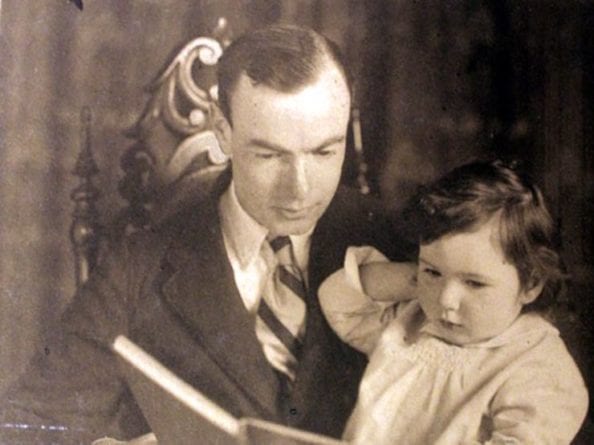
“The House Without Windows” follows the main character, Eepersip, as she vanishes from home to live amongst the nature. The first manuscript for the novel was destroyed in a tragic house fire where nothing escaped other than the lucky human beings inside. Afterwards, Barbara had to re-write the novel from memory. In 1927 the novel was published by Aldred A. Knopf, Inc. Due to her age at the time of publication, many readers had expected the novel to be a flop. However, upon reading the novel, it was evident that Barbara had talent. Critics marvelled at the fluent English and instinctive artistry. “Actually, it turned out to be a very haunting kind of story. It’s a story of a girl who runs away from home and lives out in the woods. And there’s a really haunting, almost fairytale quality to the work,” said Paul Collins from Portland State University.2 Barbara quickly become the darling of the New York literary scene.
Shortly after the release of her first book, Barbara’s parents got her a place on a three-mastered schooner heading towards Nova Scotia. On board, she assisted in the chores and would subsequently turn her adventures into another novel titled “The Voyage of the Norman D” which would go on to be another great success. Just before the release and just before her greatest triumph, Barbara’s father announced he was leaving the family after meeting a new, younger, woman. This came as a hard blow to Barbara who doted on the father who had nurtured her love for writing. The man she had desperately loved had now abandoned her, much like a villain in one of her much-loved novels.
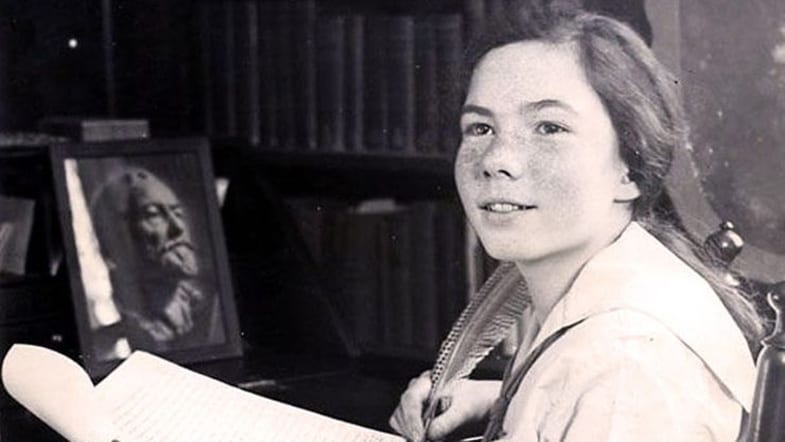
After Wilson’s abandonment, Barbara and Helen struggled to make ends meet and the Great Depression was fast approaching. For a while, they travelled from place to place but in 1929, Barbara was arrested in San Francisco after attempting to jump from a rooming-house window. She told officers that her mother was currently in Honolulu, Hawaii, and that she wanted to be “free to live my own life.”3 It was soon discovered that Barbara had left her mother in Honolulu and went to live with Mrs. J.L. Brown and Miss Mildred Kennedy in Pasadena, California. When she left for San Francisco, she never notified them. After her arrest, she was placed under the technical custody of Harry W. White, a assistant probation officer, and a petition was filed stating she was without “proper parental control.” Barbara and Helen were reunited in New York but times were so tough that Barbara was forced to find work shortly after she turned 16-years-old. “My dreams are going through their death flurries,” Barbara wrote.4 Without her father’s encouragement and assistant, eventually Barbara stopped writing; she was now a teenage girl with no high-school degree, struggling to make a living.
While living with her mother in a cabin in Vermont, Barbara met Nickerson Rogers, a Darthmouth student who whisked her off her feet with whimsical tales of adventure. At 20-years-old, Barbara married Nickerson, and the duo settled in Brookline, Massachusetts, where Barbara took secretarial jobs and tried to make ends meet. While the courting was initially harmonious, things soon took a sour turn when Barbara soon started to suspect that Nickerson was being unfaithful to her. The once child prodigy fell into a deep depression; her life had become a stark contrary to the world she envisioned in her novels.
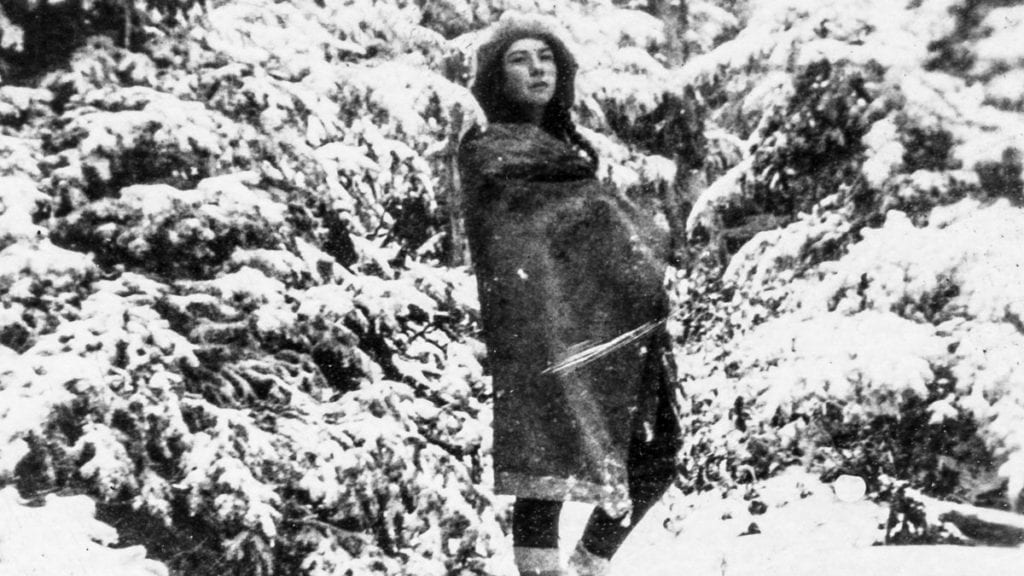
A cold chill fell over Brookline on the early evening hours of the 7th of December, 1937. Barbara – who was now 25-years-old – and Nickerson had an argument. Afterwards, Barbara stormed from their apartment on Kent Street with just a notebook and $30, never to be seen again. Nickerson didn’t report his wife missing until two weeks later and didn’t request a missing person’s bulletin until four months later, claiming he was just waiting for Barbara to return. Since the missing person’s bulletin was issued under Barbara’s marital name, the media didn’t realise that it was the once child prodigy that had vanished. It read:
Brookline. 139 4-22-40 3:38 pm Maccracken. Missing from Brookline since Dec. 7, 1939, Barbara Rogers, married, age 26, 5-7, 125, fair complexion, black eyebrows, brown eyes, dark auburn hair worn in a long bob, left shoulder slightly higher than right. Occasionally wears horn-rimmed glasses.
Due to Nickerson’s nonchalant attitude regarding Barbara’s whereabouts, her family considered that he was involved in her disappearance. In a letter to Nickerson, Helen wrote: “All of this silence on your part looks as if you had something to hide concerning Barbara’s disappearance… You cannot believe that I shall sit idle during my last few years and not make whatever effort I can to find out whether Bar is alive or dead, whether, perhaps, she is in some institution suffering from amnesia or nervous breakdown.” Still to this day, nobody knows the true whereabouts of Barbara Follett or even if she is still alive.
Her inexplicable disappearance echoes with the final chapters of The House Without Windows, when the enigmatic character finally vanishes into the wilderness for good. “She would be invisible forever to all mortals, save those few who have minds to believe, eyes to see,” Follett wrote. “To these she is ever present, the spirit of Nature—a sprite of the meadow, a naiad of lakes, a nymph of the woods.”
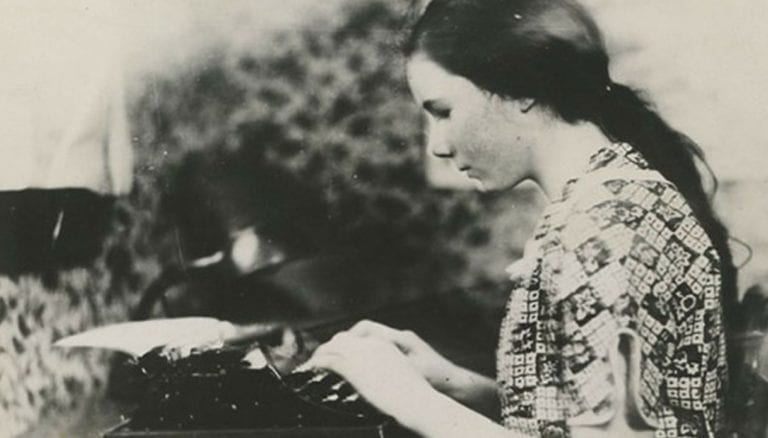
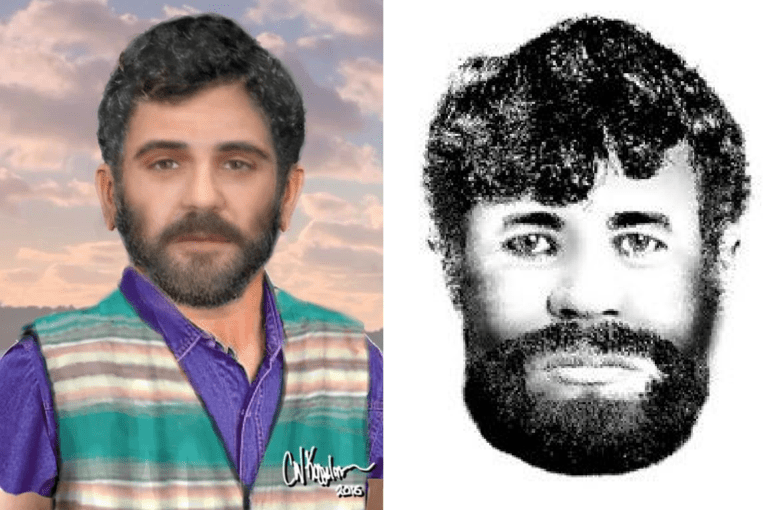

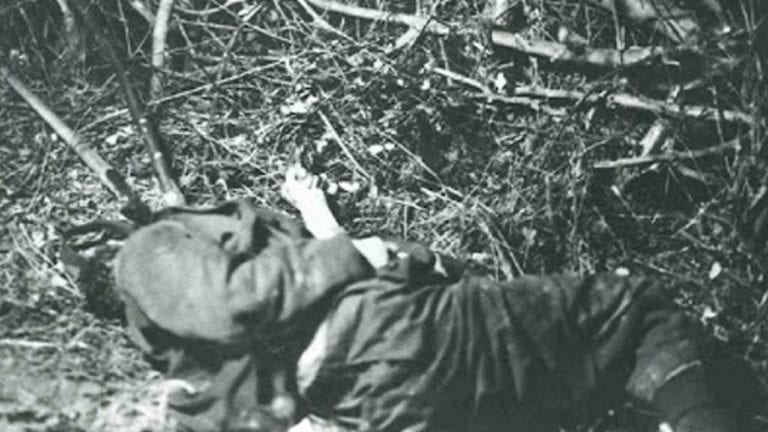
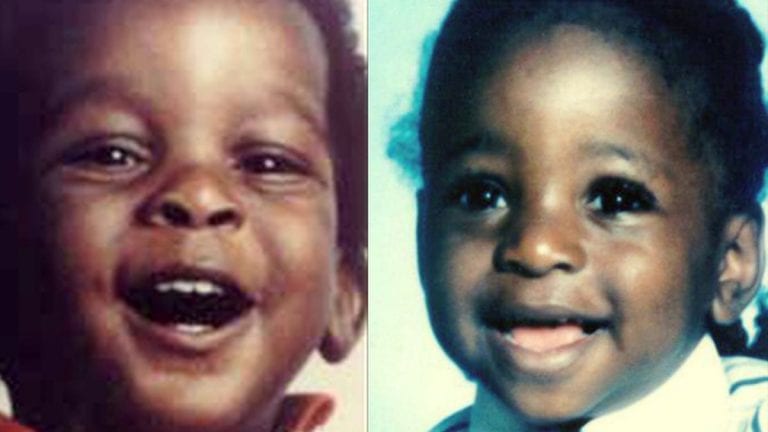
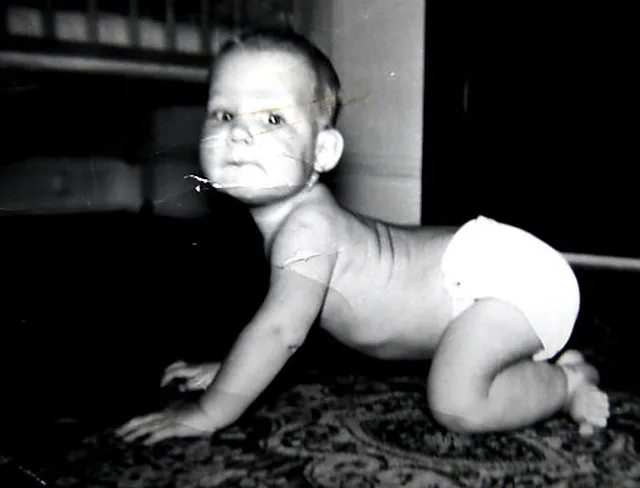
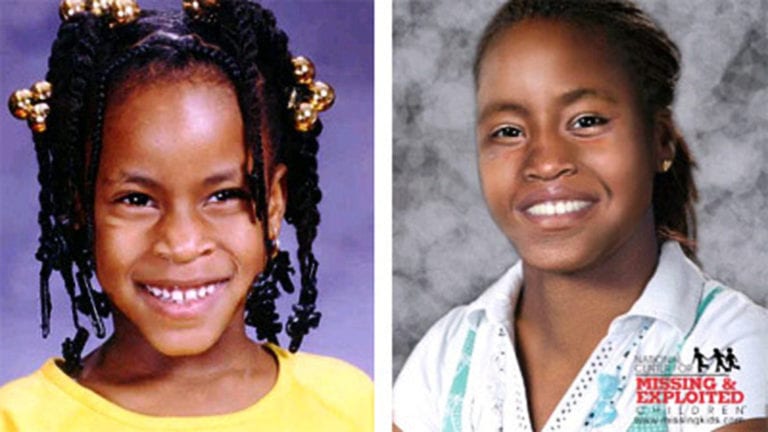
Comments:
Every man she loved hurt her emotionally. She never got to be a child…she was a fascination to her parents not a child. She never got a real childhood to play with kids and social interaction. The poor girl disappeared with in herself long before disappearing from everyone else. It wouldn’t surprise me if her husband did have something to do with her disappearance. ..
Did anyone think that maybe she did exactly what she wrote about? It’s all too common of an idea that she would’ve had a breakdown at the difference in her life versus the ones she created and that might’ve led to her wanting out in the only way she knew she could be.
I hate when parents force their children to follow in their footsteps & pressurize them to be as talented as them. True – she turned out to be an enigma, but at what cost? And her daddy bounced and never even stayed in touch! I hope she survived and lived her life as she wanted till the end.
Homeschoolers are shit.